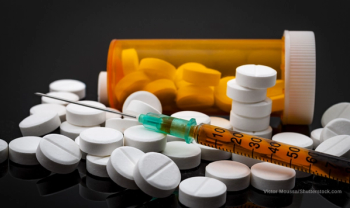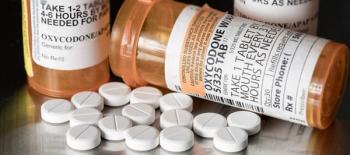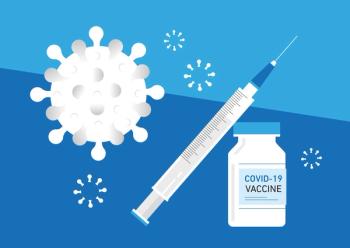
Study examines hospital strategies for social needs during COVID-19 pandemic.

Study examines hospital strategies for social needs during COVID-19 pandemic.

First enforcement action seeking court enforcement through the Food, Drug, and Cosmetic Act.

Study examines patient action that ‘is frequently harmful, and sometimes deadly.’

As lawmakers consider future of funding, study reports video visits provided quality care across 13 of 16 measures.

Lack of providers, stigma are barriers to seeking needed care, but meaningful conversations can help.

Furoscix will be launched in the first quarter of 2023.

Pre-pandemic survey examines effects of heart disease, asthma, and more.

Physician recounts work with patients struggling with opioid addiction, HIV.

Survey examines differences between low-income adults at ages 64 and 66.

A positive strategy to help patients with obesity is to help set realistic goals.

A review of the practical and clinical implications of the MIRROR study and consider the impact of pegloticase combined with an immunomodulator.

Figures strengthen resolve but don’t offer context for complex issue, American Foundation for Suicide Prevention says.

International study examines intertwined effects as problem approaches global crisis.

Facilitators dubbed more or less effective based on outcomes in federal heart health initiative.

Understanding the different types of hypertension and leveraging remote patient monitoring can mean the right care intervention.

Positive effects emerge when patients get medical care, avoid deadly fentanyl-laced street drugs.

Federal AHRQ offers starting point for reducing greenhouse gas emissions.

Speed and number of steps both help reduce disease risk, study finds

Recognizing signs, connecting to care could save lives, but more research “critically needed.”

Researchers report findings about training, screening, and treatment pathway.

Dr. Lorna Breen Heroes' Foundation teams with Physicians Foundation to define problem, propose solutions.

Study finds growth in three years after CDC guideline for primary care clinicians.

Texas case involves ACA provision that physicians say is crucial for millions of Americans.

Practices could continue to help, but experts say there are still challenges to overcome.

Funds likely to be exhausted by the end of the year, meaning commercial payers will take over payment for many patients